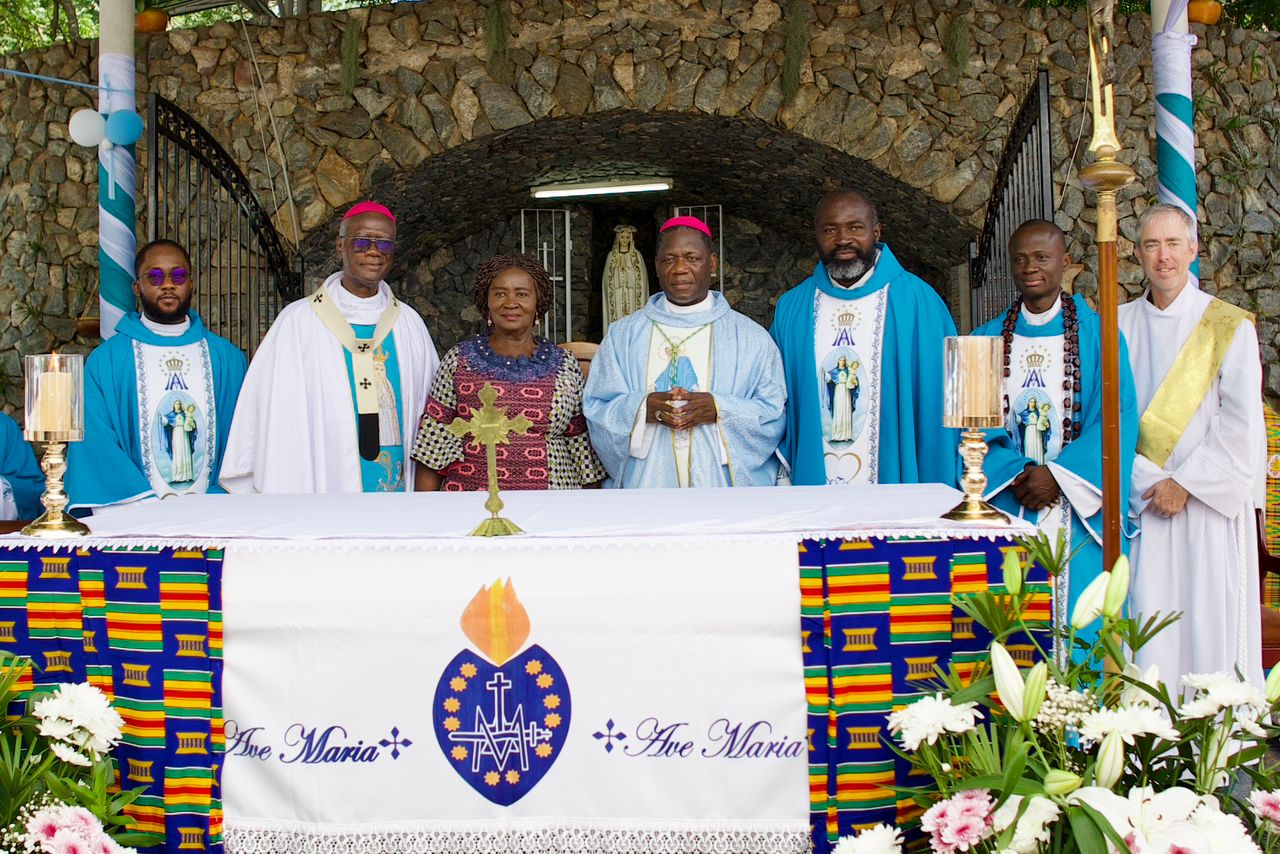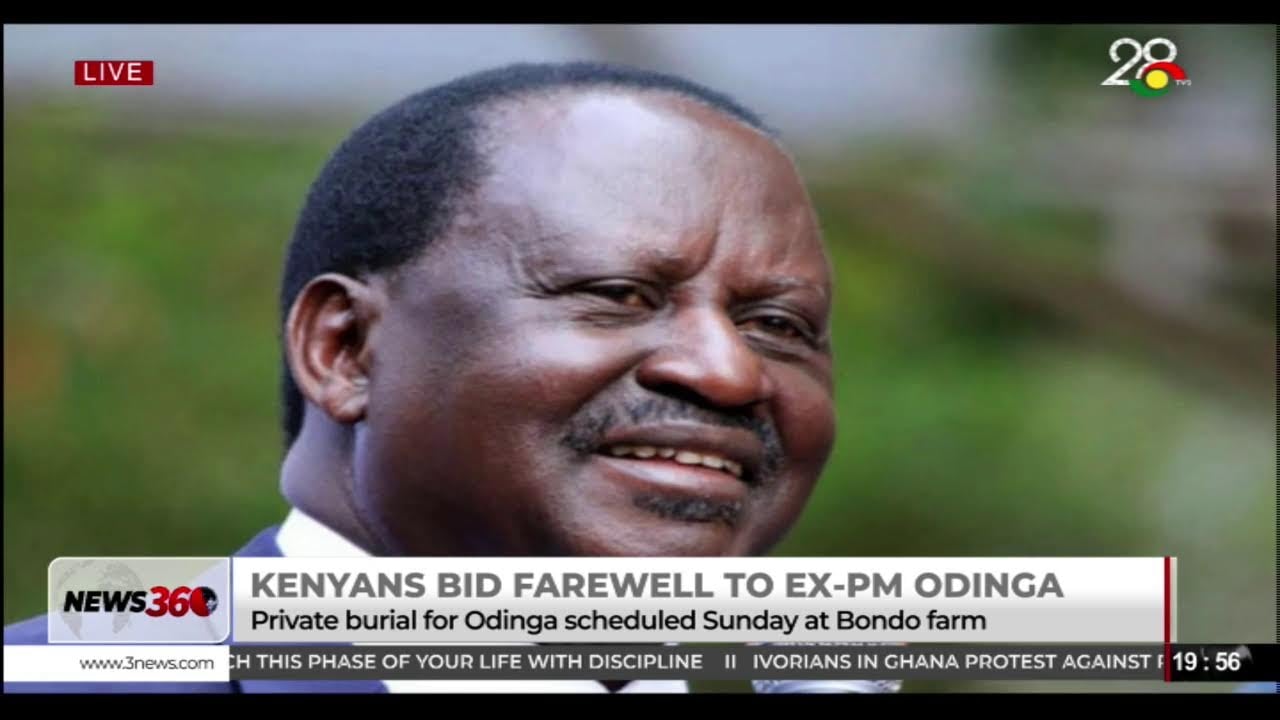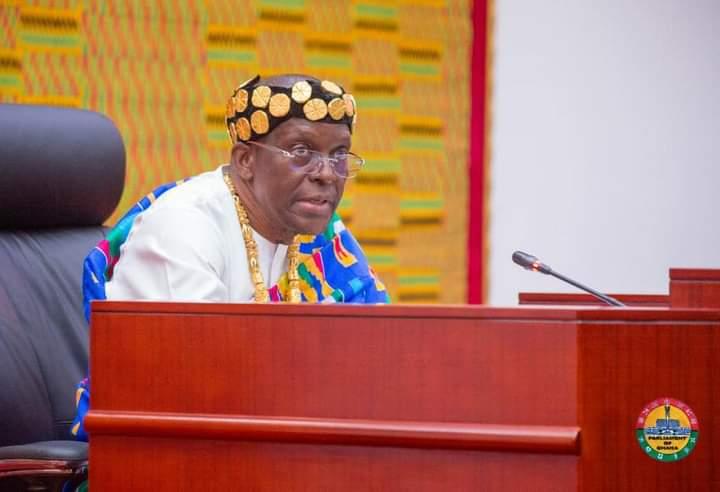


Ghana recorded GH¢7.4 billion worth of informal cross-border trade (ICBT) during the final quarter of 2024, representing about 4.3 per cent of total trade, the Ghana Statistical Service (GSS) said on Wednesday.
Speaking at the launch of the informal cross-border trade survey, Dr. Alhassan Iddrisu, the Government Statistician, said the findings highlighted the immense contribution of unrecorded trade to the economy and underscored the importance of integrating informal traders into mainstream economic planning.
He said the data, compiled from 321 border points across 10 regions, formed part of Ghana’s first-ever comprehensive assessment of informal cross-border trade.
However, he said the survey measured both imports and exports of goods and services not captured in official trade records but actively contributing to economic livelihoods, food supply, and regional integration.
“This report gives visibility to thousands of traders and transporters whose activities sustain local economies but have long gone unrecorded, we are now able to put numbers to a sector that has operated in the shadows for decades,” Dr. Alhassan Iddrisu said.
From the survey, out of the GH¢7.4 billion total value, informal exports accounted for 52 per cent, while imports made up 48 per cent, showing near parity between goods moving in and out of the country.
The data demonstrate how informal trade acts as a stabilizing force for border communities, supporting livelihoods through micro-transactions that complement formal trade.
Dr. Iddrisu explained that the survey captured goods moving through unofficial entry points, including head portage, bicycles, motorbikes, and canoes across borders with neighbouring countries Togo, Côte d’Ivoire and Burkina Faso.
However, the report also revealed that most informal exchanges occurred at Ghana’s southern borders, notably with Togo, where traditional market linkages were deeply rooted.
Northern borders with Burkina Faso were dominated by livestock and grain exchanges, while western crossings with Côte d’Ivoire involved palm oil, cocoa products, and processed foods, it added.
It is observed that informal trade, though largely unregulated, plays a critical role in food security, job creation, and regional integration, wthout it, many border communities would face economic isolation.
The GSS noted that capturing informal trade data was essential for designing inclusive economic and trade policies under the African Continental Free Trade Area (AfCFTA).
By quantifying the flow of goods outside formal systems, policymakers can better estimate Ghana’s real export potential and trade balance.
“Informal trade tells us that the true size of Ghana’s border economy is much larger than previously thought, this evidence will help design policies that support traders with finance, infrastructure, and simplified customs processes,” Dr. Iddrisu said.
He added that the exercise also aligned with the ECOWAS Trade Liberalization Scheme (ETLS), which encourages data harmonization among member states to facilitate easier movement of goods and services within the subregion.
The report identified several challenges affecting informal traders, including limited access to credit, harassment at border posts, and lack of awareness of trade documentation.
The GSS recommended stronger collaboration between national statistical offices, customs, and local governments to regularly track informal trade data.
It also called for government support to modernize border markets, improve security, and provide basic infrastructure like storage facilities, weighing bridges, and rest areas for traders.
Source: GNA
The post Ghana records GH¢7.4b in informal cross-border trade for Q4 2024 – GSS appeared first on Ghana Business News.
Read Full Story




















Facebook
Twitter
Pinterest
Instagram
Google+
YouTube
LinkedIn
RSS